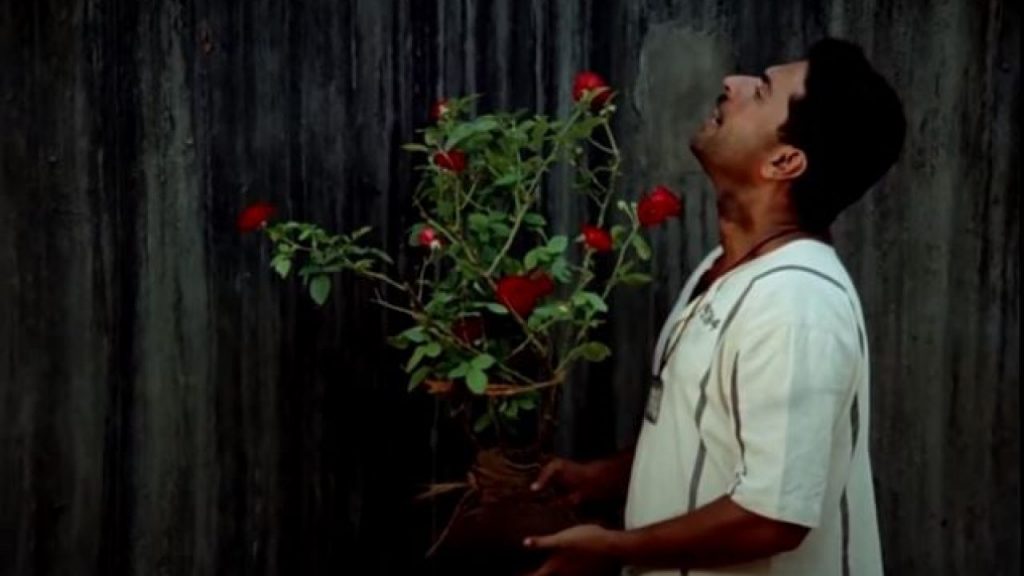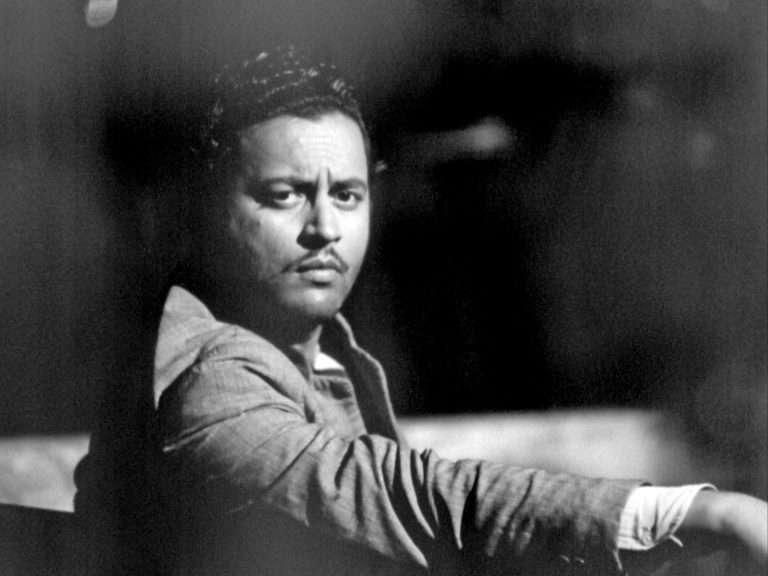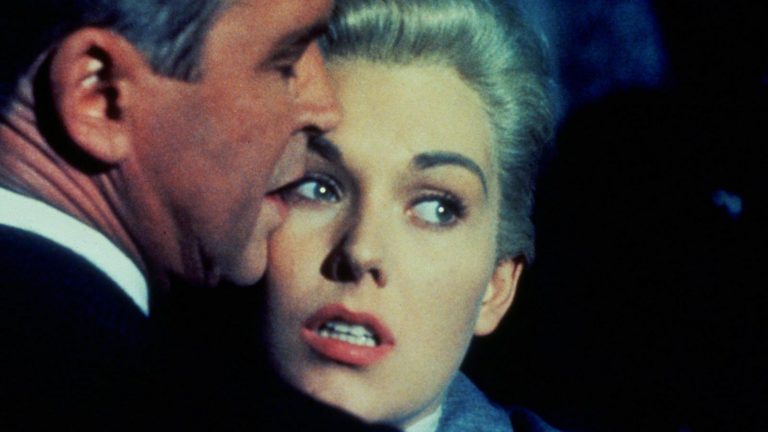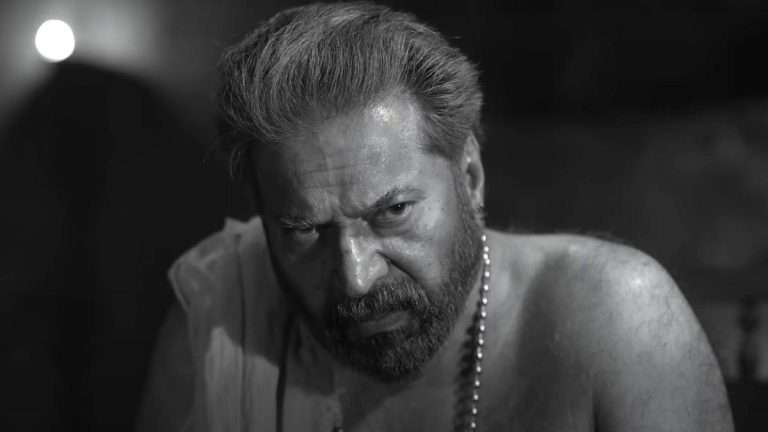Mathilukal and Vidheyan: How Mammootty Captures the Opposite Ends of Hyper-Masculinity with His Layered Performances: In Mathilukal, Mammootty plays the kind and sensitive character of Basheer. Based on the memoir of a real-life iconic writer, we meet an Indian Independence activist imprisoned for over two years.
We follow the daily routine of his prison life filled with his interactions with inmates, which includes musings on several pertinent issues filled with immense sensitivity. Mammootty’s portrayal of Basheer conveys a calm & composed persona, who appears to be someone with a heart of a poet – brimming with faithful, idealistic optimism.
As opposed to this, Mammootty’s character from Vidheyan is a hot-tempered, frightening figure called Bhaskara. His whole identity revolves around a sense of bloated pride and bravado, which he derives from the obedience of anyone that serves him.
The idea of power for this loathsome individual comes through the command he has over others. Without a validation towards his egotistical respect-craving exterior, he falls into a whirlpool of emotions due to a fear of losing control over others.
We see two ends of masculinity with these two characters. They are diametrically opposite in the way they operate. Basheer radiates unending optimism despite the gruelling circumstances led upon him and interacts with every other inmate with compassion.
He never puts them in a place of judgment despite their past acts. On the other hand, Bhaskara looks at every other person with almost a desire to possess them in some way. He strips them off of their identity during any interaction.
His obsession with power leaves them stranded to have nothing to live for beyond their loyalty towards him. It boils down to his lust to retain a place of authority.
Related to Mathilukal and Vidheyan: The 10 Most Essential Adoor Gopalakrishnan films
While his menacing gaze can easily cut your heart in two halves, it does not take long to decode that it is merely a façade for his fear of losing dominance. In the absence of a servile, he may not be considered masculine enough. That seems to be his fear and the driving force for his egotistical madness.
Unlike him, Basheer comes across as not even a bit unassured in this respect. He does not shy away from having a sensitive dialogue on his vulnerability or his poetic nature. In a scene involving his interaction with a female inmate, you can see how gentle he is, even with a lustful remark from their conversation.
As a result, it seems more of an innocent gesture like caressing a flower than an obscene gesture to hurt or objectify her. As opposed to this, Bhaskara always looks at a woman with a vile, repulsive gaze. He also treats his wife with contempt and disregards any opinion that she holds.
While the two roles are antithetical, the veteran actor works with the same level of humanity and compassion through his performance. It helps viewers resonate with the characters on a deeper level.
Through his physicality and tone of voice, Mammootty brings out nuances with a rooted understanding of Basheer and Bhaskara’s personalities. He encapsulates the complexity of characters from Adoor’s intricately layered script. It elevates both the films – Mathilukal (1990) and Vidheyan (1994) – to a contemplative and moving work of art.









